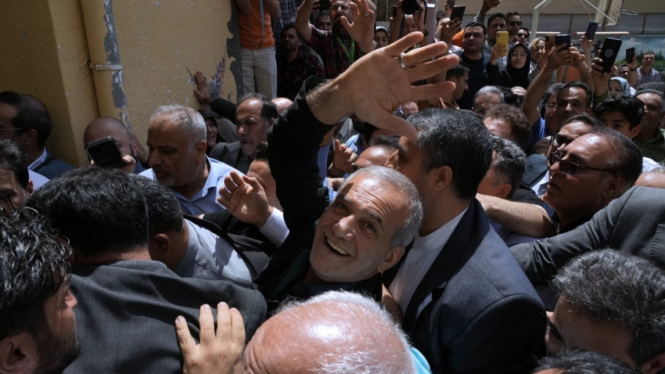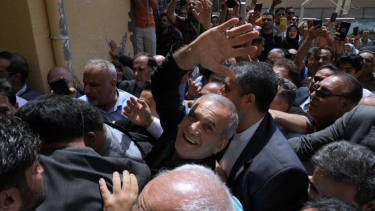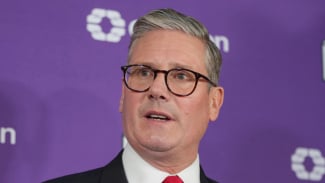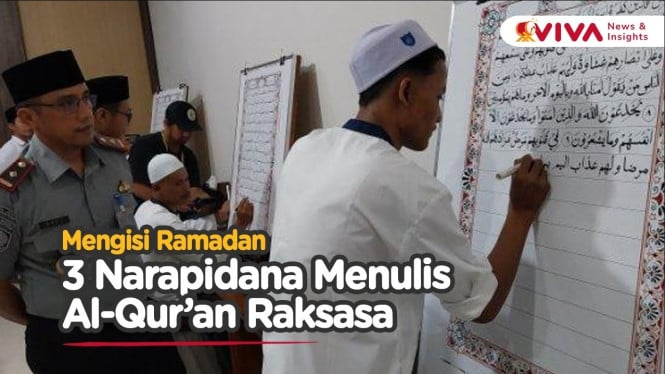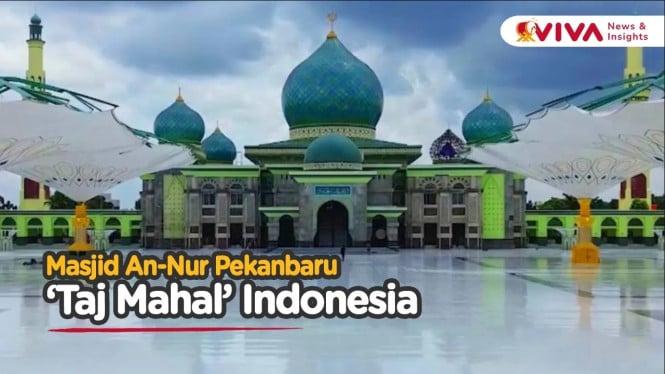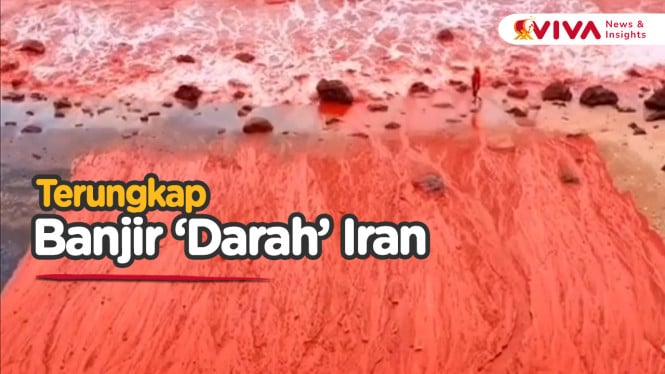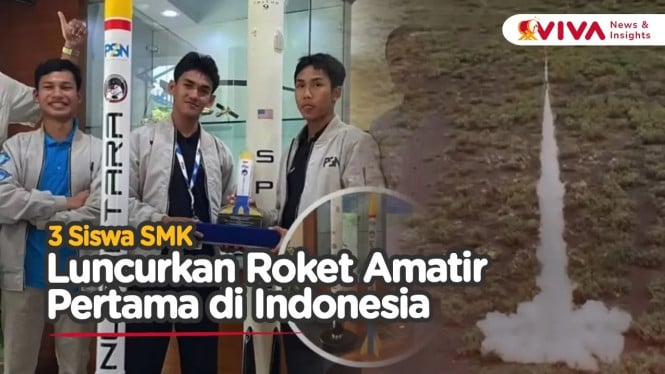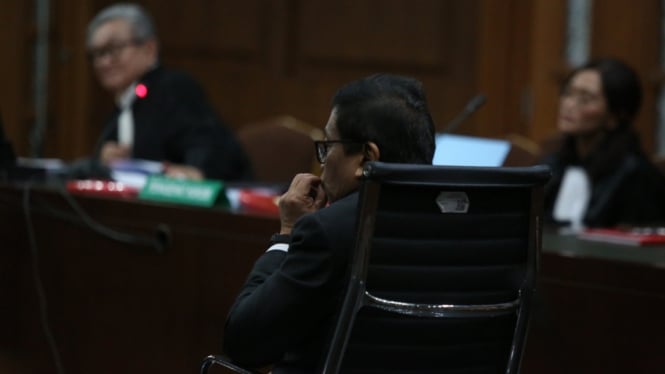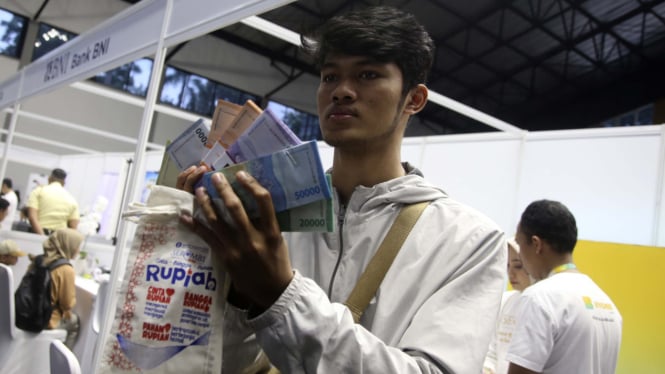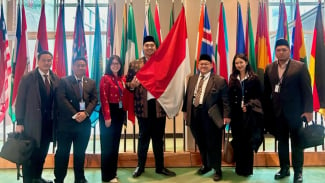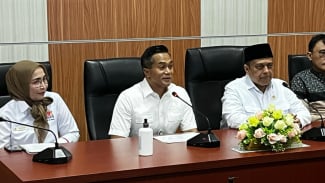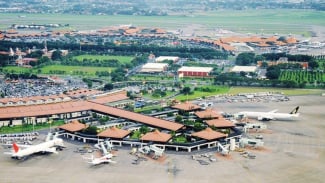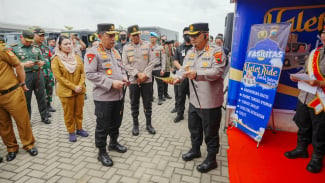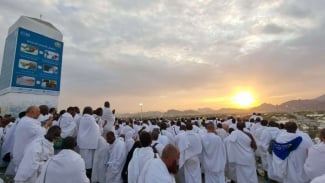Meet Masoud Pezeshkian, Elected as Iran's New President
- VIVA.co.id/Natania Longdong
Jakarta – Reformist candidate Masoud Pezeshkian has called for “cooperation, empathy and trust” after being declared the winner of Iran’s runoff presidential election Saturday (July 6).
The win for reformists is a turn from the hard-line presidency of Ebrahim Raisi, who was killed in a helicopter crash in May.
Pezeshkian bested hard-liner Saeed Jalili by promising to reach out to the West and ease enforcement on the country’s mandatory headscarf law after years of sanctions and protests squeezing the Islamic Republic.
Warga Iran mengawal prosesi pemakaman Presiden Iran Ebrahim Raisi di Teheran
- AP Photo/Vahid Salemi
“Dear people of Iran, the election is over, and this is just the beginning of our working together. A difficult road is ahead. It can only be smooth with your cooperation, empathy and trust,” he posted on X, as quoted from NBC News site.
Pezeshkian promised no radical changes to Iran’s Shiite theocracy in his campaign and has long held Supreme Leader Ayatollah Ali Khamenei as the final arbiter of all matters of state in the country.
But even Pezeshkian’s modest aims will be challenged by an Iranian government still largely controlled by hard-liners, the ongoing Israel-Hamas war in the Gaza Strip, and Western fears over Tehran enriching uranium to near-weapons-grade levels.
A vote count offered by authorities put Pezeshkian as the winner with 16.3 million votes to Jalili’s 13.5 million in Friday’s election.
Overall, Iran’s Interior Ministry said 30 million people voted in an election held without internationally recognized monitors.
Supporters of Pezeshkian, a heart surgeon and longtime lawmaker, entered the streets of Tehran and other cities before dawn to celebrate as his lead grew over Jalili, a hard-line former nuclear negotiator.
Vladimir Putin, president of Russia, was among the first world leaders to congratulate Pezeshkian, calling for closer ties between the nations. India’s Prime Minister Narendra Modi and Chinese President Xi Xinping also called for stronger bilateral cooperation with Iran.
But Pezeshkian’s win still sees Iran at a delicate moment, with tensions high in the Mideast over the Israel-Hamas war in the Gaza Strip, Iran’s advancing nuclear program, and a looming U.S. election that could put any chance of a detente between Tehran and Washington at risk.
Pezeshkian’s victory also wasn’t a rout of Jalili, meaning he’ll have to carefully navigate Iran’s internal politics, as the doctor has never held a sensitive, high-level security post.
The first round of voting on June 28 saw the lowest turnout in the history of the Islamic Republic since the 1979 Islamic Revolution.
Iranian officials have long pointed to turnout as a sign of support for the country’s Shiite theocracy, which has been under strain after years of sanctions crushing Iran’s economy, mass demonstrations and intense crackdowns on all dissent.
Government officials up to Khamenei predicted a higher participation rate as voting got underway, with state television airing images of modest lines at some polling centers across the country.


